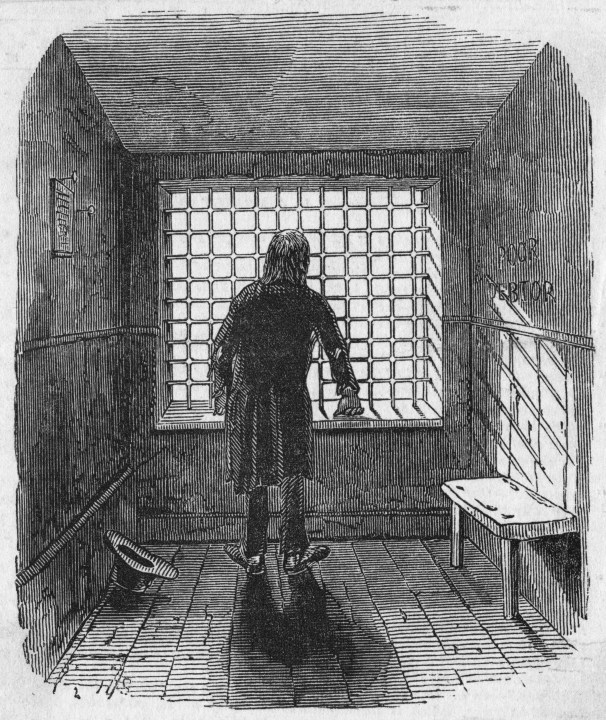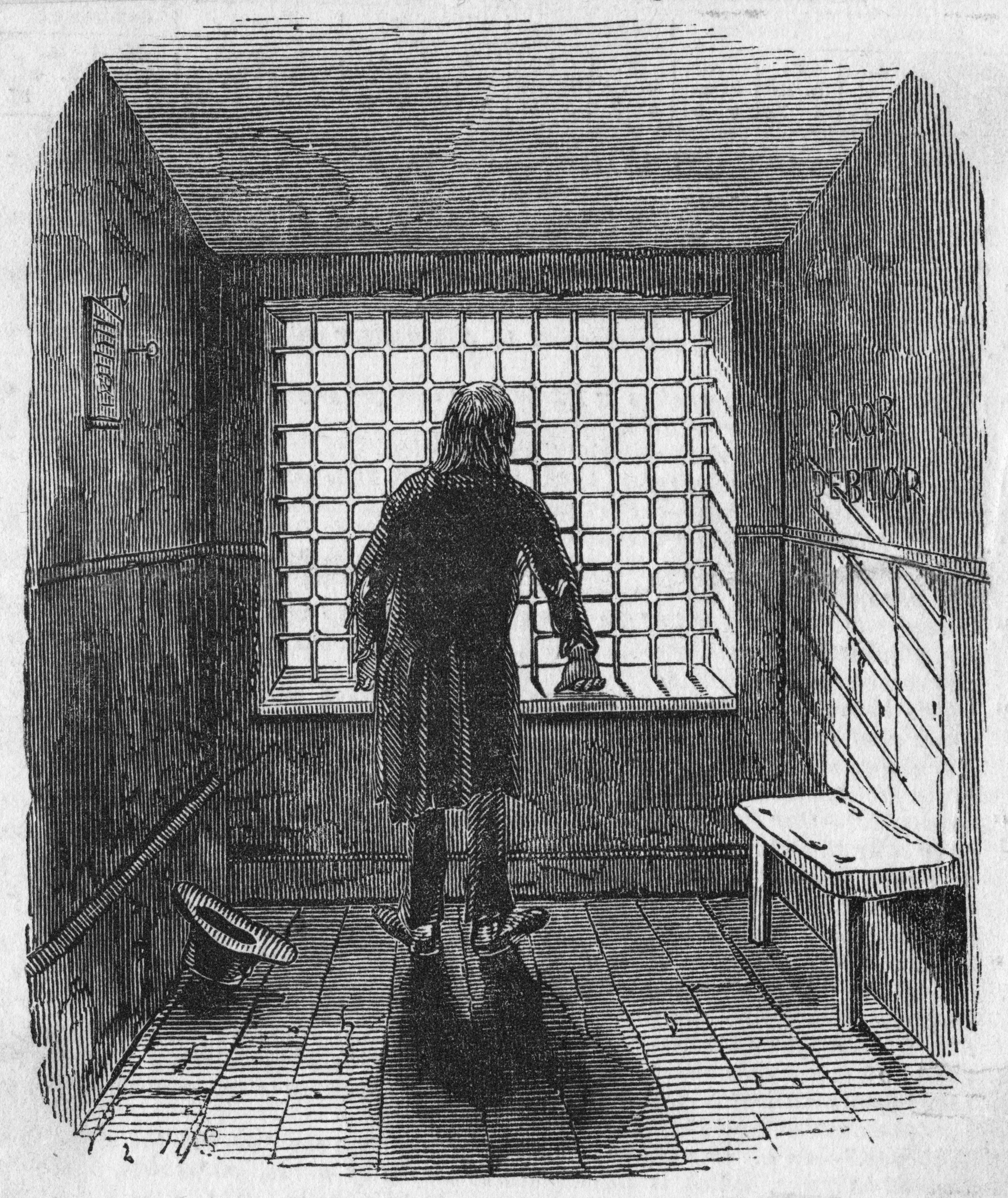 The spending settlement agreed with the Treasury last October requires the Ministry of
Justice (MoJ) to make budget reductions of £2 billion up to 2014-15. And, until this morning, the settled approach was that only by reducing demand on prisons would the necessary savings be
found. After Downing Street’s intervention, the revised plans published this afternoon upend that approach.
The spending settlement agreed with the Treasury last October requires the Ministry of
Justice (MoJ) to make budget reductions of £2 billion up to 2014-15. And, until this morning, the settled approach was that only by reducing demand on prisons would the necessary savings be
found. After Downing Street’s intervention, the revised plans published this afternoon upend that approach.
There will still be substantial cuts to the legal aid budget and some changes to remand, but some key (though ill-conceived) measures to trim the prison population have been excised completely, with no changes to guilty plea discounts and no relaxation of the release conditions for dangerous offenders serving indeterminate sentences. Serious violent and sexual offenders will actually spend longer in prison than they do now, and the mandatory life sentence will be extended to cover a second serious offence. Crucially, the objective now seems to be to “stabilise” the prison population at around 85,000, not to reduce it.
The Government is still right to aim to reduce the prison population by cutting reoffending, but that is a ten year project. For now, the package appears to have filled a public confidence gap but created a large financial one. Even if the MoJ can bank the other savings (from legal aid, court closures, and huge administrative efficiencies), after this handbrake turn the whole package still falls short by about a quarter of a billion pounds. Ministers may be able to arrest some of the projected growth of the prison population, but only if courts can be persuaded that the reformed community sentences (with new sanctions and longer curfews) have enough bite to be used more readily.
This leaves only one option to deliver the savings: reduce the cost of prison. Reducing demand matters, but efficiencies save money too. We have tolerated for too long the high cost of our current prison system, which has risen steeply. If a prison system costing £45,000 per cell per year is unaffordable, and the system cannot be made smaller, then it will have to be made much cheaper. Commercialising prison industries to create more purposeful regimes and generate revenue to cover estate running costs — as we proposed in our latest report — is one option in the long term. But only a mass programme of prison privatisation will deliver the scale of efficiencies required to plug the hole in the MoJ’s finances before 2015.
The operational cost of HM Prison Service is around £2.3 billion a year, and average private sector running costs are (according to the CBI) between 10-15 per cent lower (excluding staff pensions). The private sector has the capacity and a good track record on performance, and the prospect of widespread privatisation would force the Prison Service to make further efficiencies, driving the costs down across the whole estate. This would be a continuation of a process that began under Jack Straw. Five prisons were “market-tested” earlier this year, with one of the largest public sector jails — HMP Birmingham — going over to the private sector. This competition process could be expanded and speeded up. Instead of putting up another round of five prisons, Ken Clarke could put the pedal to the floor and issue tenders for 25 existing prisons this year, and another 25 next year.
The new providers could take ownership within six months, and the in-year savings would start accruing almost immediately. In a free and fair competition and on the basis of the last results (which saved £21 million with just 3 prisons), after two rounds the private sector might run just short of half of the prison estate (including the 11 prisons it operates already). Whoever won individual bids, we estimate that market-testing 50 prisons could yield savings of between £180m and £320m by 2015.
The industrial relations implications are predictable but could be planned for. The Prison Officers Association — whose members would keep their jobs in the short-term — would struggle to win a public argument that was framed as a choice between cutting prison or cutting the cost of prison. The POA’s ideological opposition to the private sector — also a staple of the penal reform lobby — has been largely neutered by almost two decades of companies successfully operating prisons and driving up standards. Ken Clarke admits to having no “hang-up” over the private sector and the political opposition would not be worse than keeping prisons expensive and as a result having to ration the jail cells in unpopular and risky ways.
There is still much for prison reformers to welcome in today’s balanced package, including the emphasis on work in prison. Ultimately, the Clarke reforms failed the public permission test, and the revised ambition to stabilise the prison population is a more credible, more deliverable objective that will help the Prime Minister maintain his reputation on law and order. But the money still needs to be found, and it seems that only the private sector can save the Ministry of Justice from needing a Treasury bail-out.
Blair Gibbs is head of Crime and Justice at Policy Exchange






Comments